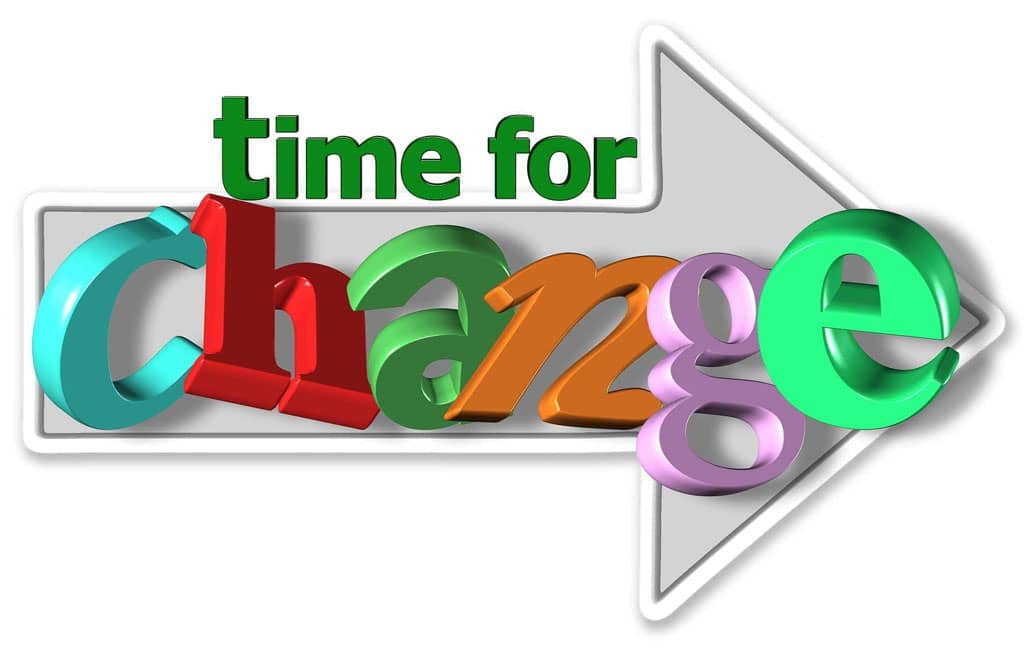Divorce mediation may be suitable for you

Choose Wisely from Four Different Divorce Options
Every divorce situation is unique. Your divorce resolution should be unique as well.
Here are the categories of options at your disposal.
- DIY (Do-it-yourself)
- Collaborative Divorce
- Divorce Litigation
- Divorce Mediation
We will explore the pros and cons of the above divorce types.
Divorce DIY:
It may be a suitable choice for simple divorces where there are no children, little to no assets, and less than a 36-month duration of the marriage. We have seen DIY agreements that are completely unenforceable in a court of law and have the parties in front of our mediators wishing to fix the issues with the court orders.
Parties should get legal advice before signing anything and filing with the courts. In most circumstances, it is extremely difficult to undo a court order.
Collaborative Divorce:
Where the couple agrees to stay out of court and settle their case with a team of professionals. Both parties hire their own attorneys that are trained in the collaborative divorce process. The attorneys will collaborate together and advise their clients. The attorneys won’t fight for your rights like traditional attorneys. There are other roles like a divorce coach, Certified Divorce Financial Analyst (CDFA), etc.
Divorce Litigation:
Doesn’t mean that you are going to be in a courtroom to resolve your case. 95+% of the cases are resolved prior to the permanent orders hearing. A vast majority of divorces begin where one party wants out. Essentially, beginning with an imbalance or adversarial situation.
Choosing wisely when you are selecting an attorney is supercritical. Because if you choose a bulldog style the resolution may be elusive and cost a significant amount of money.
In our professional estimation, it is best to choose a problem-solving attorney. They are out there!
If it does make it to trial. These are the facts. Litigation is ugly. The attorney’s job is to discredit your case assertions or impeach you or your experts on the stand or otherwise.
The judge with the snapshot the attorneys have presented about you and your spouse in court will decide the outcome. You both will have to live with that outcome.
Divorce Meditation:
In divorce mediation, a divorcing couple works with a neutral mediator who helps both parties come to an agreement on all aspects of their divorce. The mediator may or may not be a lawyer, but he/she must be extremely well-versed in divorce and family law. In addition, it is critical for the mediator to be neutral and not advocate for either party. Both parties still need to consult with their own, individual attorneys during the mediation and prior to signing the final divorce settlement agreement.
Here are a few pros and cons to consider before deciding if mediation will work for you.
On the “pro” side, divorce mediation may:
- Result in a better long-term relationship with your ex-husband since you will not “fight” in court, creating additional animosity.
- Since you are building a new future the post-decree mood should be more harmonious for the children.
- Quicker resolution
- Reduce expenses.
- Mediation is private; litigated divorce is public.
- Help you stay in control of your divorce because you are making the decisions (and the court isn’t).
- There’s a lot of nuances to divorce cases. Mediation is a process where custom-crafted agreements address the needs of the parties.
The downside to divorce mediation may be.
- Waste time and money. If negotiations fail, you’ll need to start over.








